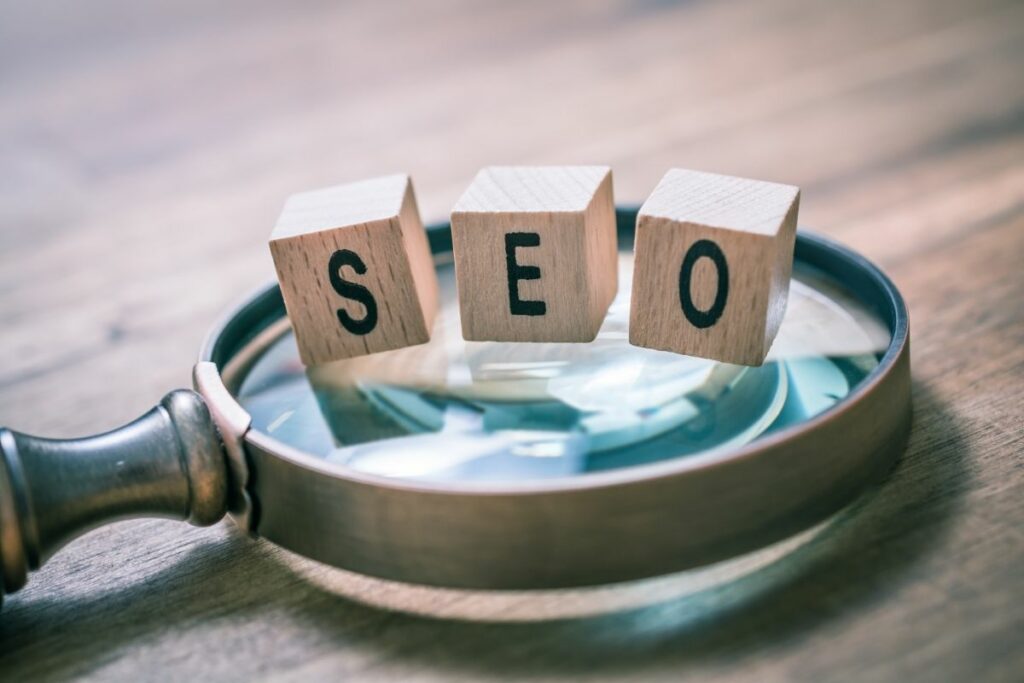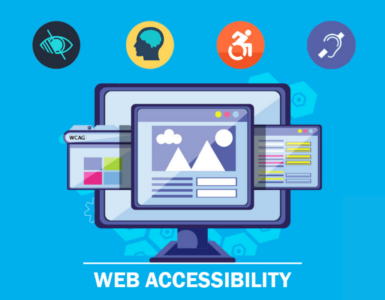The web and the internet are rapidly becoming an essential part of our lives. Nowadays, it is hard to do without the web. Therefore due to the growth of internet use, website accessibility is also an issue that continues to grow in importance. It is hard to ignore that we have to bring everybody on board despite their physical and other cognitive challenges. Accessibility impacts both the user and owners of websites such as organizations and government entities. Although the ethical aspect of accessibility tops the lists of the reasons why you need to make your website accessible, it is vital to note that an accessible website also boosts the overall performance of an organization or company. So let’s explore some of the benefits of making your website accessible and the reason behind these benefits.
Website Accessibility is an Ethical Matter
Think of a building with staircases only and no wheelchair ramps. This would mean that unless assisted, people on wheelchairs would never access such buildings. Fortunately, most countries are taking steps to make physical locations accessible. Still, this was always not the case before ramps and handrails; people with disabilities were often left out.
In this regard, many websites make it hard for those with different types of impairments to access their content. If your site intends to welcome everyone, everyone, regardless of their disability, should be allowed in. once you make your website accessible, you will be advocating for those who would have otherwise been left out of digital resources. Therefore making your website accessible is the right thing to do.
Accessible Websites Have a Broader Audience
The success of a website relies on the visitors who come to your site and quality leads. Worldbank estimates that one billion people, 15% of the global population, have some particular form of disability. Do you want to block this many people from accessing your website? I bet you do not want to do that. If a visually impaired person visits your website and finds it easy to use it, they will probably spend more time there, which works to your advantage. The dwell time is a good ranking algorithm; hence your site may rank better.
You Will Be Abiding By the Law
Legal liability is, without a doubt, bound to increase for non-compliant websites. Therefore if you adopt the proactive website accessibility strategy, then you might be on the safe side of the law. Governments are continuously modifying existing laws and passing new ones that provide for website accessibility guidelines. With the rapid growth of internet use, websites are becoming more vulnerable to lawsuits. The litigation are costly and may ruin the reputation of a business. Therefore to avoid such, it is necessary to comply with the website accessibility guidelines.
Accessible Websites Have Better Search Engine Optimization 
SEO is at the heart of every website owner; we want our hard work to be rewarded with good rankings and traffic at the end of the day. Methods that improve website accessibility also have a similar impact on SEO. This is essential because search engines depend on text to track and rank websites. Google has always made it clear that websites that provide users with a better experience will make it to the top of the search engine result page (SERP). Some examples of SEO practices that also add up to website accessibility in clued;
- Title tags assist those using screen readers to understand the difference between many pages. They also boost your SEO since you will probably get more clicks if they match the users’ intent.
- Suitable header structures help those with limited reading abilities to decide the crucial parts they want to read and the ones they want to skip. A good header structure will help you win featured snippets or instant answers without the user navigating the search engine page results.
- Alternative texts are one of the most essential and fundamental accessibility needs seeing as it is read aloud by a screen reader to provide the context of the image to the user. They are also helpful in SEO since search engines look for alt texts within images to understand the subject matter of the image.
- Anchor texts make disabled users know where each link is pointing. Google looks at backlinks to give your site a vote of confidence and increase traffic to your page.
Accessible Websites Improve Accessibility for Everyone
Most times, web developers limit their thinking regarding user experience; that is, all users are equal in terms of capabilities. However, the reality is that users have entirely different capabilities. Therefore even if your site is accessible to a visually impaired person, it may not be too inaccessible to a color-blind person. People without any disabilities also need some of these accessibility features for faster navigation on the website.
Bottom Line
There will be several benefits you will be enjoying by making your website accessible. Therefore when designing or redesigning a website, ensure you evaluate its accessibility earlier so that you can solve problems earlier in the process. Additionally, there are several tools that you can use to check if your website is accessible.












